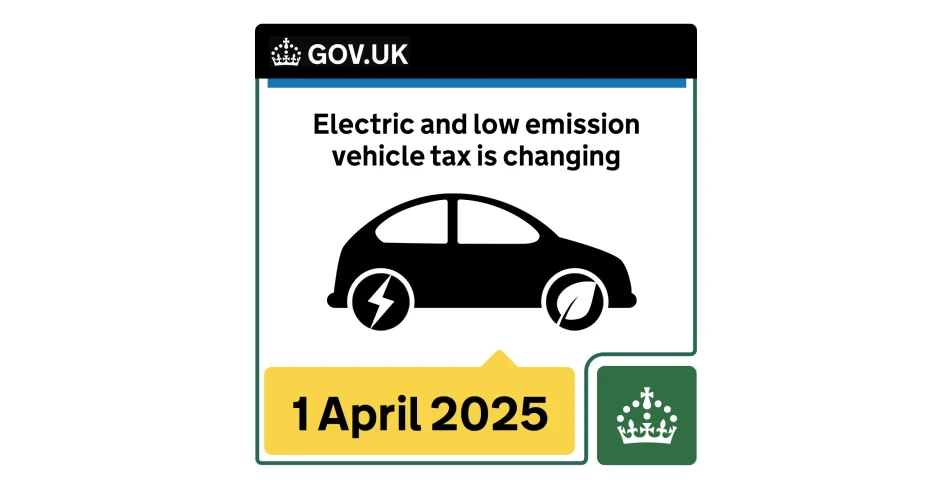Changes have been implemented to the UK road tax system which will affect the cost of running cars in Britain and Northern Ireland and may also influence the type of new cars sold.
This is the first significant change to Vehicle Excise Duty (VED), which most refer to as road, in many years.
Most diesel and petrol cars will see increases in line with inflation, rising from £190 to £195. However, higher emission older vehicle will see a far sharper rise. There is also a VED surcharge for cars costing over £40,000.
However, the most significant and controversial increase concerns EVs. These were previous exempt from VED, but this is no longer the case as of the start of April. Electric, zero or low emission cars registered after the start of April will pay the lowest first year rate of vehicle tax set at £10. However, payable from the second year on will be a fee of £195 per year, although this is subject to government review. EV’s first registered before 31st March 2017 will pay a lower annual rate of £20.
EVs registered from 1st April 2025 with a list price exceeding £40,000 will be liable to pay a supplement of £425 per year between the second and sixth years of ownership.
Electric vans are also losing their exemption and will be taxed as per petrol and diesel at an annual rate of £355.
The hardest hit category will be higher polluting luxury and performance models. From 1st April, the first-year rate for cars producing 76g/km of CO2 or more will double. As such cars in the very highest band producing 255g/km or more will pay £5,490 tax in the first year. This applies to vehicles such as the Porsche’s 911 Turbo, and Land Rover’s Defender V8.
The move to tax new EVs has attracted criticism and will certainly not boost EV sales at a time when most manufacturers are far off reaching government set EV targets.
